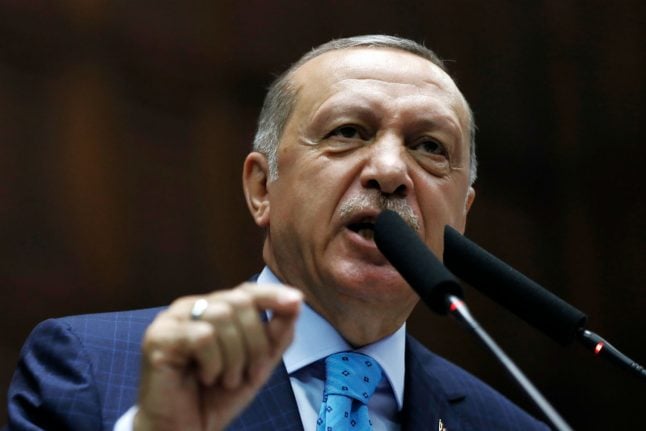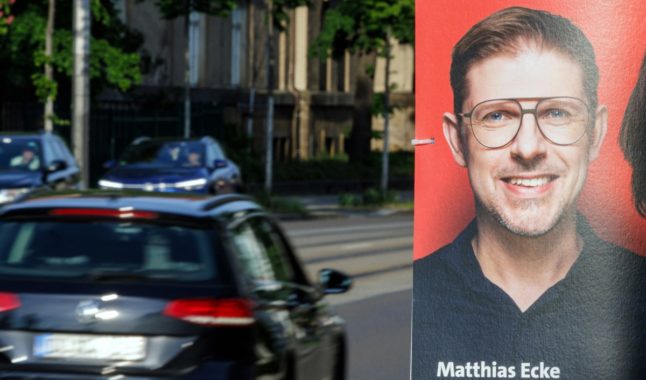Erdogan, who is a hugely divisive figure in Germany, will be welcomed with military honours and a state banquet, in accordance with the protocol of a state visit, the president’s office said.
The Turkish president will meet with both Steinmeier and Chancellor Angela Merkel, with the fine details of talks set to be arranged in the coming weeks.
Foreign minister Heiko Maas indicated recently that the talks would include sensitive issues such as the numerous German citizens imprisoned in Turkey.
President Steinmeier had invited Erdogan shortly after the latter’s election win last May, in which he not only retained office, but also pushed through constitutional reform to extend his powers.
Erdogan is deeply unpopular among much of the German population, due to major diplomatic affairs such as the long-term imprisonment of German journalist Deniz Yücel and other German citizens, as well as his involvement in public scandals involving the comedian Jan Böhmermann and the footballer Mesut Özil.
Many opposition politicians had argued passionately against inviting Erdogan for a state visit, with some arguing that he may stir up resentment among the Turkish community in Germany.
The last time Erdogan visited Germany, he held a rally in front of thousands of supporters in the Tempodrom, a concert venue in Berlin.
On this occasion, pro-Kurdish groups are reportedly set to protest his visit at the Brandenburg Gate.



 Please whitelist us to continue reading.
Please whitelist us to continue reading.
Member comments